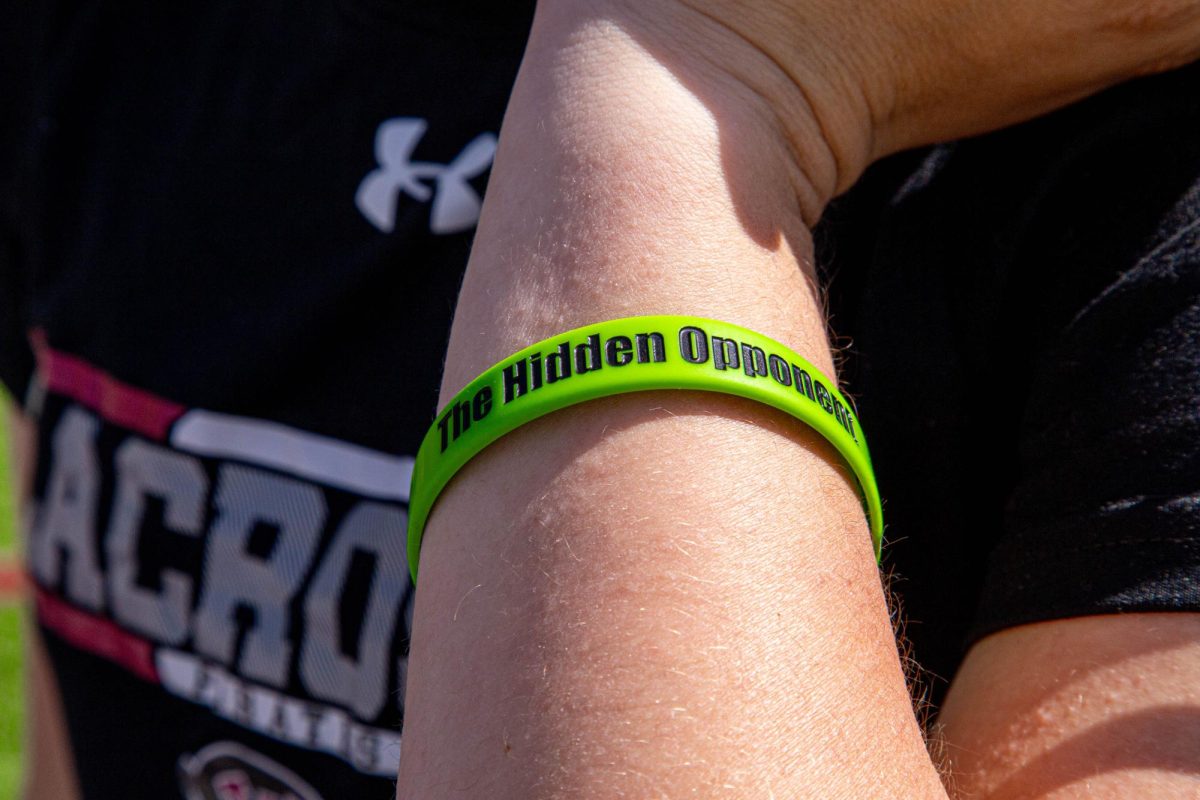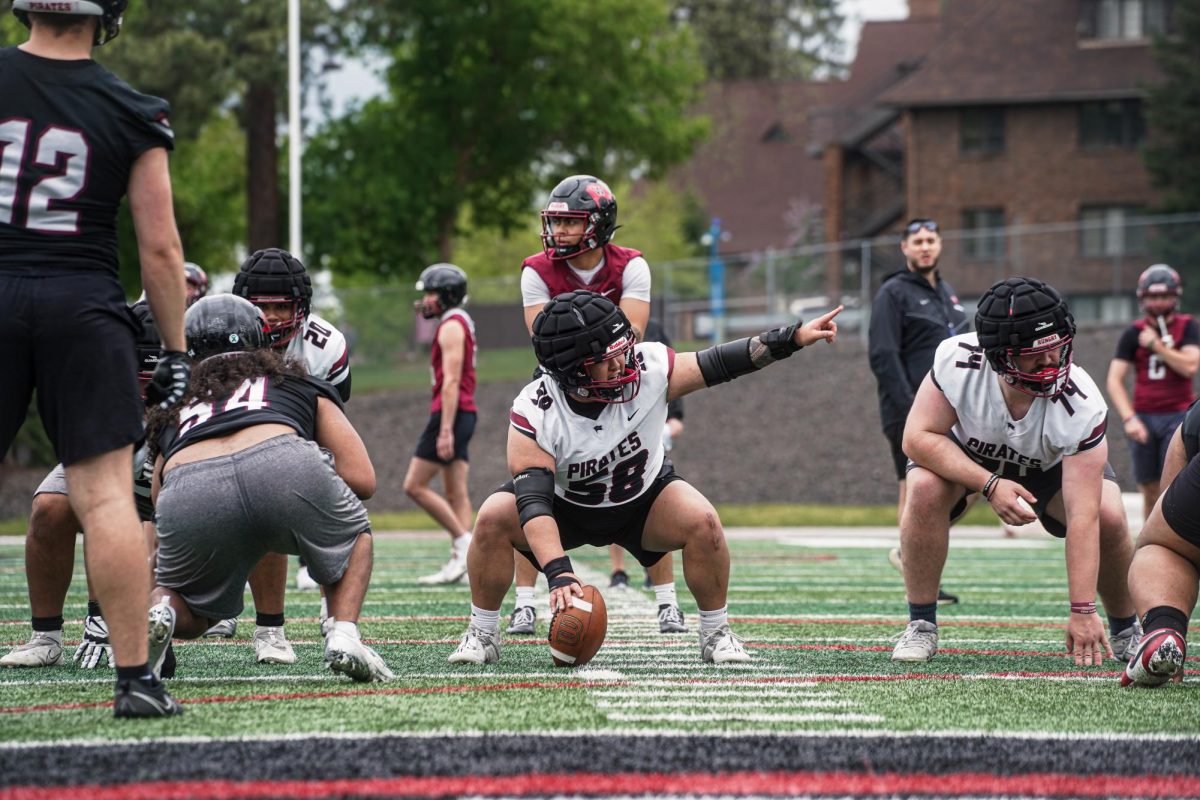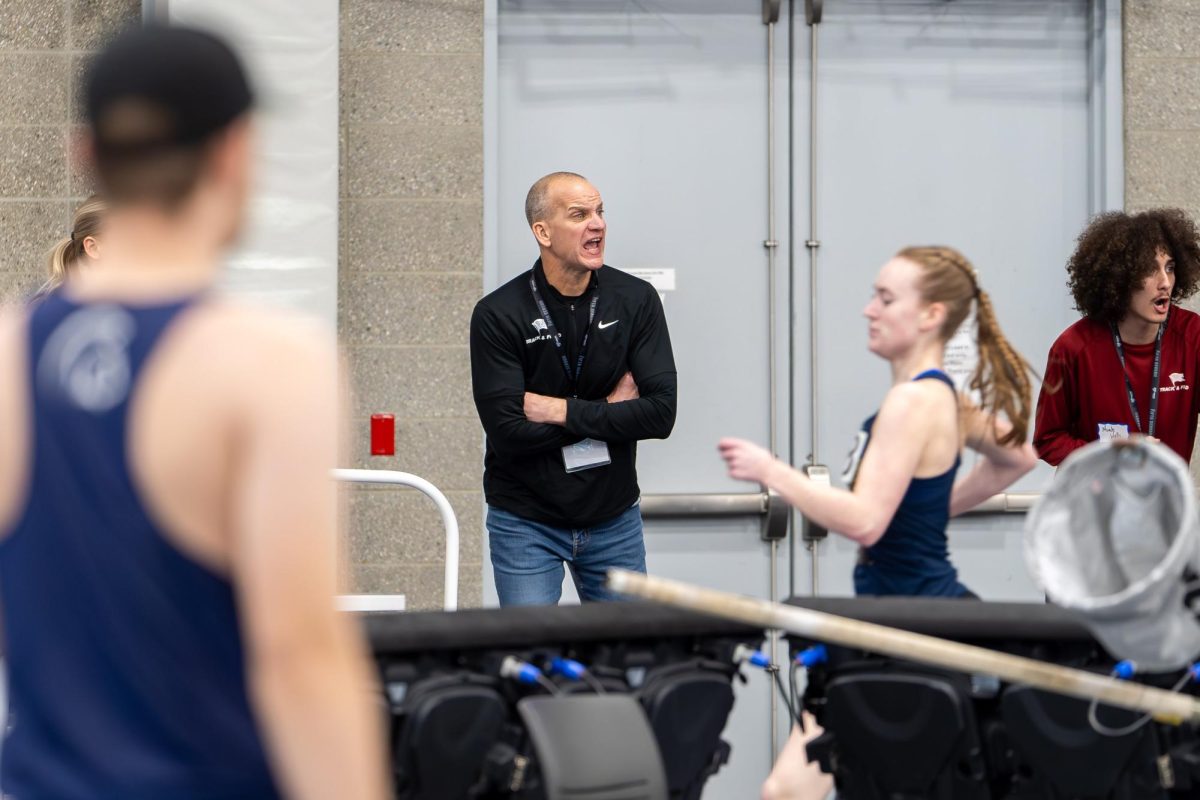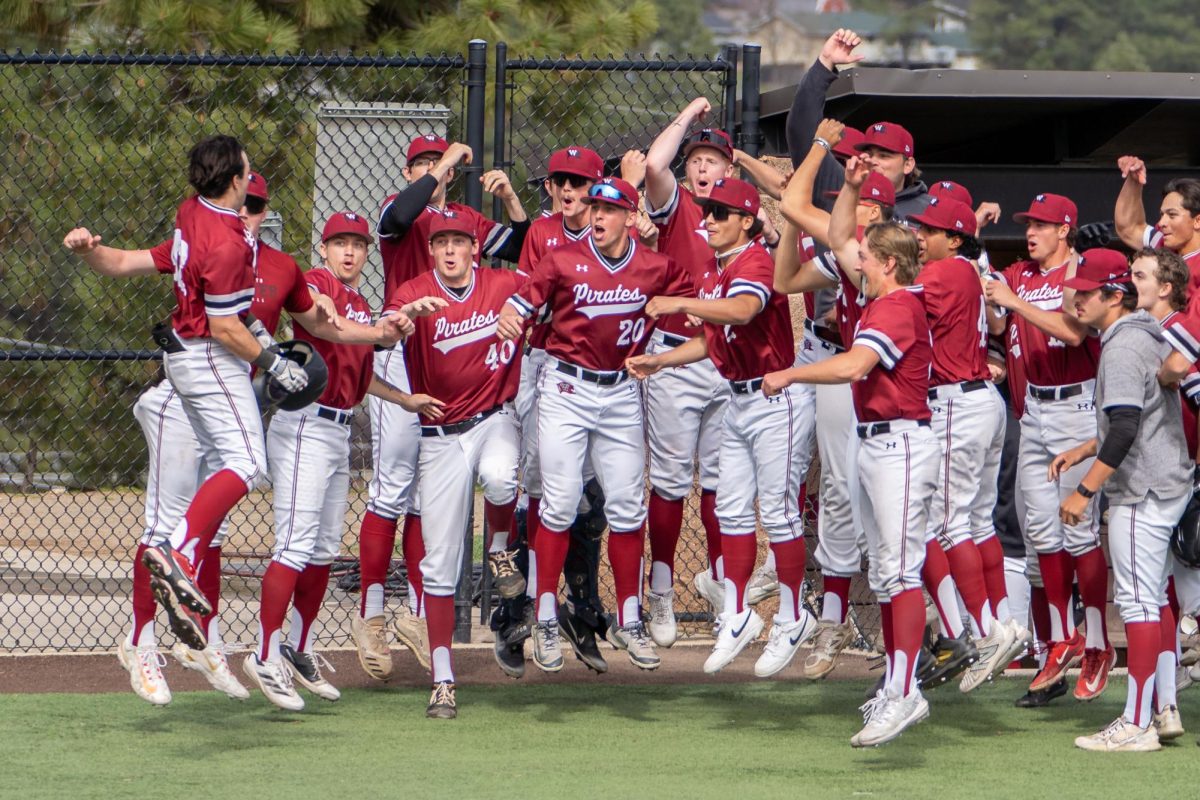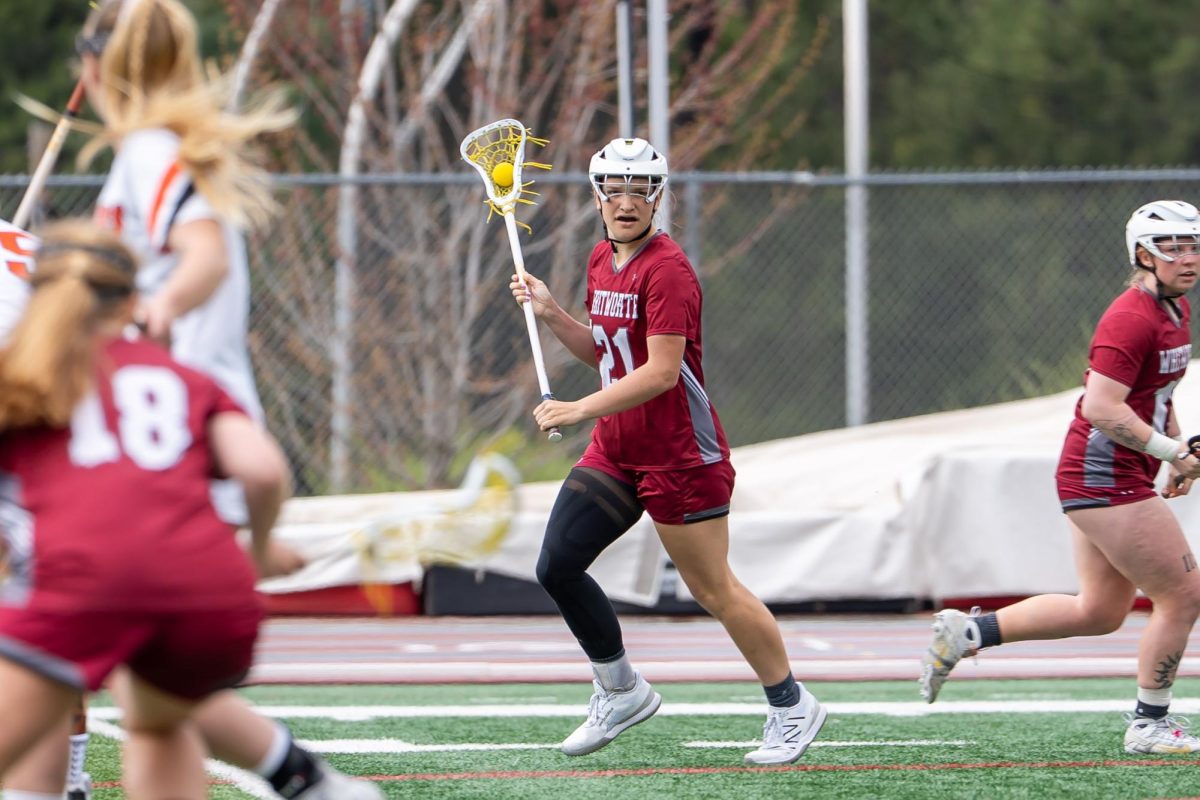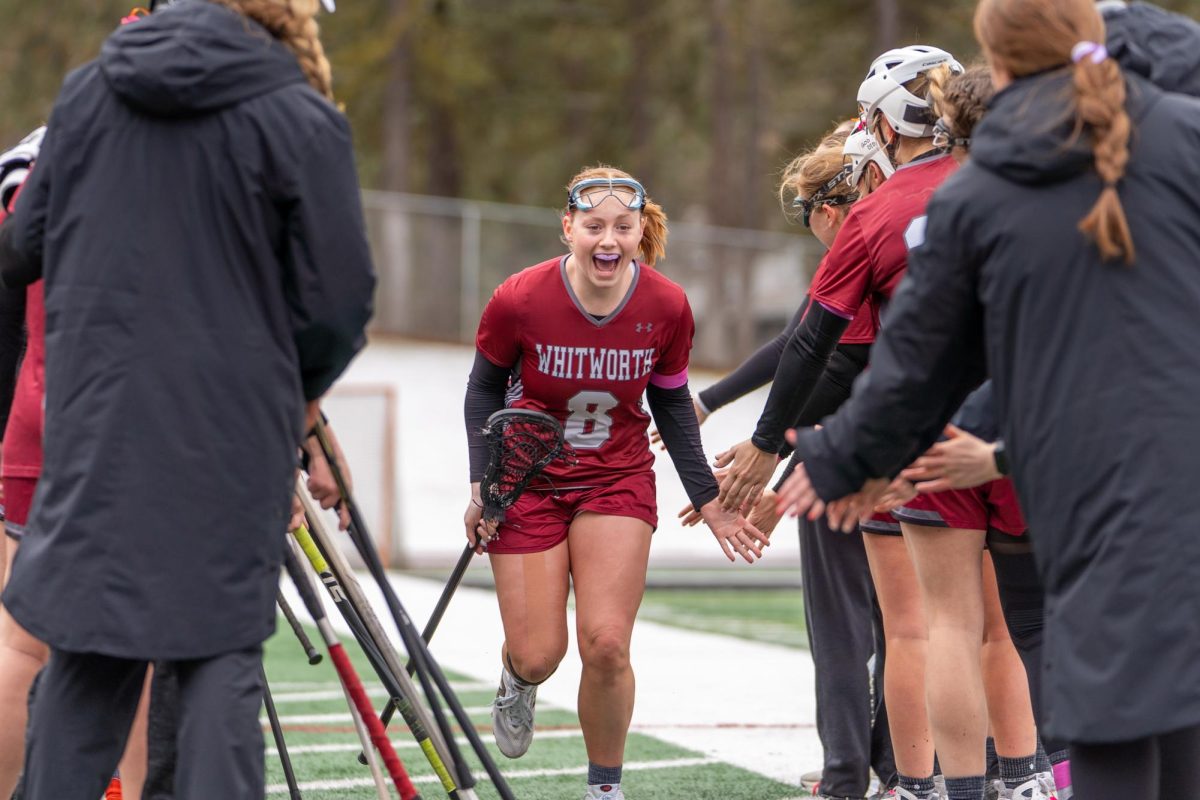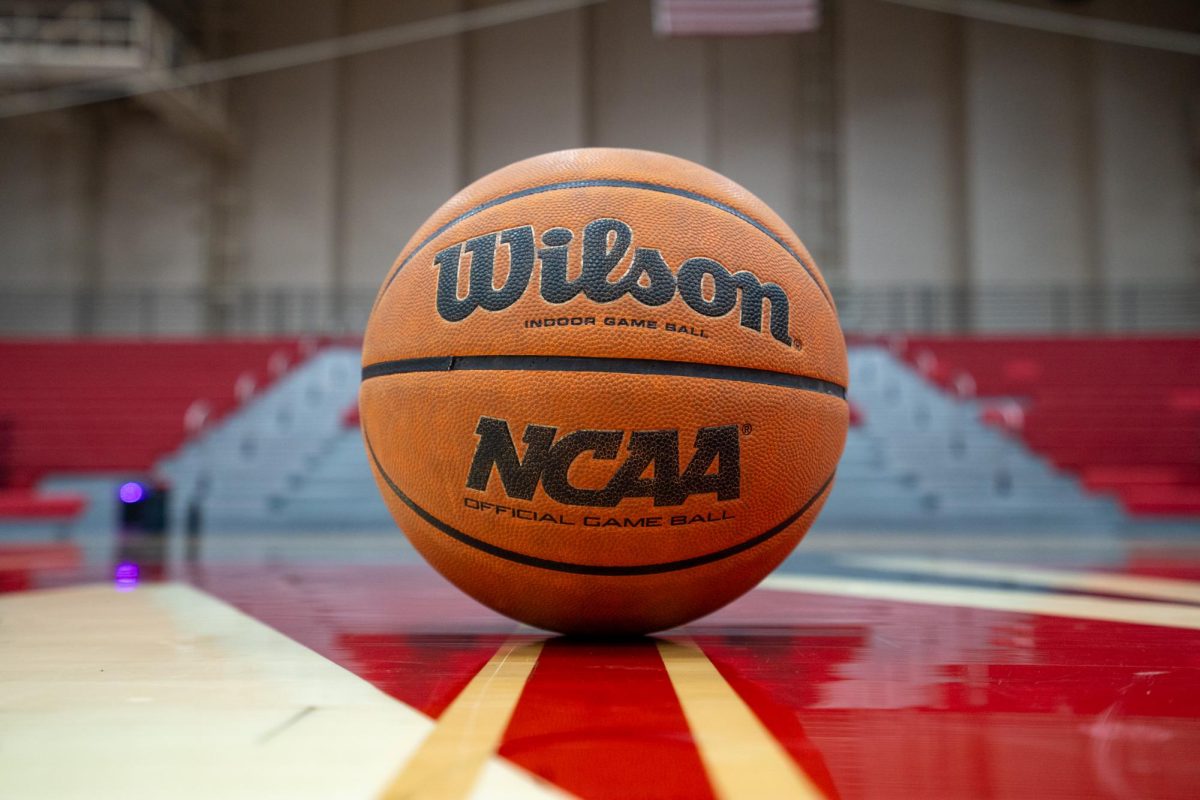At The Hidden Opponent – Whitworth, we believe it’s time to break the silence. Because just like any injury, mental health struggles deserve recognition, support, and real conversation.
Sedona Liming explains the organization and her position within it, stating, “I’m the president of The Hidden Opponent club, which is a mental health awareness club for student athletes here on campus.” “What we really do is work to provide mental health resources and start the conversation about mental health for student athletes,” she said.
Liming shares the story of her journey and the motivations behind her decision to take on a leadership role, providing insight into the experiences that led her to step up. “I myself have struggled with my mental health, I tore my ACL both times on both knees and it was a really big struggle for me”, shared Liming. “My goal is just to make sure student athletes here feel like if they’re going through a mental health struggle, they have resources. They have people they can go to for support,” she added.
Among the various challenges college athletes face, Liming states that performance anxiety, depression and eating disorders can also affect student athletes in their college careers. “You’re worried about how you’re going to play, if you’re going to start and how you’re going to balance school and sports,” she explained. “Then there’s the comparison — comparing your body to other athletes around you, which can lead to eating disorders or body dysmorphia,” she added.
To address these issues, The Hidden Opponent provides resources. “We created a resource list for Spokane-specific mental health centers, and we also share hotlines and work with the Counseling Center,” Liming said. “This year, we were able to bring in an athletic counselor specifically for student athletes. That was huge,” she said.
She credits women’s lacrosse head coach Noelle Brouillard for helping make that happen. “She got a grant for it, and we’ve been promoting it ever since. It’s free for student athletes, and it gives them a space to talk about whatever they’re struggling with, sports-related or not,” Liming said. One of the club’s standout features is its “awareness matches,” where teams dedicate games to mental health awareness. “It’s a chance to promote The Hidden Opponent to fans and get teams involved,” Liming said. “And if we have an awareness match during the month,” she added.
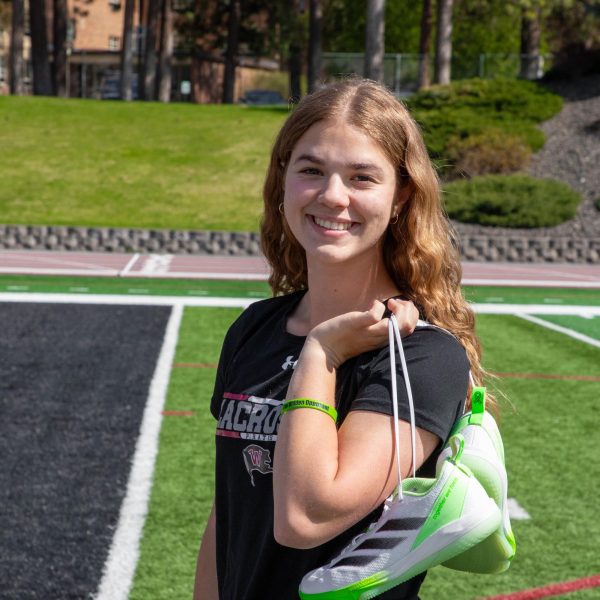
The club also keeps athletes connected through Instagram. “That’s one of the biggest ways we connect with people weekly,” she said, “we post resources, tips for balancing mental health with athletics — just trying to keep that conversation going.”
Liming has already noticed a change within the Whitworth community. “On my team, we have mental health days now. If you’re having a hard day — failed a test, feeling overwhelmed, you can text our coach and you get that day off. No questions asked.”
The support from teammates has been just as meaningful. “I’ve taken mental health days before, and I get text messages from all my teammates checking in,” she said, “it just shows that the more you talk about it, the more it becomes normal.”
Looking ahead, Liming hopes The Hidden Opponent grows even more. “Our goal is to get at least one athlete from every team involved,” she said. “That way, we know there’s someone on each team trained and ready to offer support.”
The club is also planning projects like a “mantra board.” “Athletes could write down what drives them — like their personal quote. Mine is ‘Hard work pays off,’” she said, “It’s a way to honor the grind of athletics while also honoring the mental strength it takes to get through it.”
In a culture that often tells athletes to tough it out, Liming and The Hidden Opponent are showing that real strength comes from being honest and helping others do the same. “Everyone goes through mental health struggles at some point,” Liming said, “so, let’s talk about it. Let’s make it normal.”

